Stephen Freidland: My Mailing Address is Earth
By Klyde Kadiddlehumper on April 29, 2021
Stephen Freidland, aka Brute Force, is, at 80, still a force of nature. Signed to Apple Records by George Harrison, a member of The Tokens, mate on a schooner in the early 60’s, this actor/musician/comedian is on a mission. We sat down, had a chat and it is certainly an adventure.
RRX: I’m speaking with Stephen Freidland, better known to most as Brute Force, about his life, music, acting, and what’s going on today. Glad you could join us.
SF: Yeah, it’s good to be with you, Dick.
RRX: I want to start at the beginning. Oddly, I tend to do that. You were born in 1940. By 1961, you were a mate on a schooner? How in the hell did that happen?
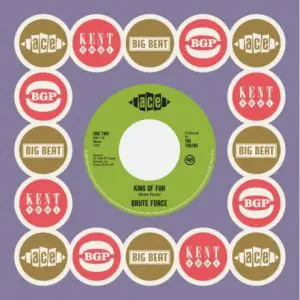 SF: Well, I went to the Philippines to act in a movie that was interrupted … I was reading a newspaper at the house I was staying in in Hawaii. The newspaper had a story about a schooner that was tied up in Manila Bay in the Philippines. They were looking for people for a crew.
SF: Well, I went to the Philippines to act in a movie that was interrupted … I was reading a newspaper at the house I was staying in in Hawaii. The newspaper had a story about a schooner that was tied up in Manila Bay in the Philippines. They were looking for people for a crew.
I just knew that that’s what I wanted to do, to be on that boat. I got a guy to take me out to the boat in a rowboat. I presented myself and boom, I was in the crew
It was a three-masted schooner called the Collegiate Rebel. It was huge. I got along with everybody. The captain was a real trip.
RRX: It’s an interesting way at 21 to jump off from an acting gig to a schooner, and then back to the United States. From there, you have had an interesting career. One of the notable items only a few years later was that you got signed to Apple Records. Most people say Apple Records, well, there’s James Taylor, and there are the Beatles. You’re gonna go Brute Force? Stephen Freidland? Huh?
What was the process that made that happen?
SF: When I came back in ‘61, within six years, to 1967, then I joined forces with The Tokens in New York City, “The Lion Sleeps Tonight.” That eventually led to the Apple experience.
One day, George Harrison visited Nat Weiss’s apartment, he was the Beatle lawyer. Nat Weiss played the tape that I had given to Tommy Dawes (of the band Circle), which he had given to him. George Harrison loved it. The other element of it is that by that time, I had joined the Beatles – right – the Tokens.
That, in essence, is how I got “King of Fuh” to the Beatles. They liked it. George Harrison took it and he embellished it with strings from the London Philharmonic.
RRX: How would you describe what it was you were doing? Or secondarily, much like myself, do you have three and four and five different things occurring all at the same time?
SF: Well, I would say, not to get too deeply into that, what I was then, singer, songwriter, performer. Acting came as a consequence of my being in the City, but also because my mother was on stage. I saw her act in plays. My brother was in one of the plays at the Jewish Community Center, in All My Sons, I believe. Henry Miller? Arthur Miller’s play?
RRX: Uh-huh.
SF: That inspired me to become an actor, or to act. I had also, in the third grade, at a young age, I must have been eight or nine, eight, I acted in what’s called Japanese noh play. I played the part of a property person, the person dressed in black who would move things. In the Western theater, that would just be a property person. But as the curtain would be closed, or not, and would change furniture or change the set props. That’s what I did in that.
That inspired me because I was on stage, there was an audience. That was a good experience. I saw my mom in plays. In high school, I had done a variety show. That was a good experience stagewise. I did Jabberwocky.
RRX: Oh, that’s very cool.
SF: Yeah. I did it as a country bumpkin. The character, I did it was as really [with a country twang], “Twas brillig, and the slithy toves.” I dressed myself in a country bumpkin costume and did that. That was another positive theater experience.
Acting professionally, I got into because I was in the Tokens. Because one day, we did a show called The Reporter. It was a series in the ‘60s. Elizabeth Allen was the star. Because I was in that TV show, I got to join AFTRA, the American Federation of Television and Radio Artists.
Perhaps you are also in AFTRA?
RRX: I am not in AFTRA.
SF: My experience was that I had to join them to do that show. I did. From that, I got to be accepted by SAG. From that, I could get a SAG card, which I did. Because I had a SAG card, that enabled me to try out for movies. Which I did.
I’m always recognized by anybody who reads about me or anything, that I am on Apple Records. The Beatles accepted me. You can imagine how excited I was for that to happen in my life.
RRX: You’ve been interviewed by a number of different magazines over the last few years. So obviously, you are still out and about. You have a new single on Ace, which is pretty cool, British company. A 45 even, which is pretty cool.
SF: There’s been an uptick in vinyl for the last decade, you know?
RRX: Absolutely. Are you doing any live music? Are you doing any live readings and things of that nature? Obviously, at the moment, probably not. But is that something that you’ve tried to keep moving on for your career?
SF: I would say sure. Some of the music that I have written is a big part of what I do. I have an album called Planetwork.
RRX: Yes, I saw that. Is there a theme with respect to that, and where your creative juices are going these days?
SF: That’s a CD called Planetwork, that is music which is destined to change lots of people’s minds. One of my purposes on Earth, I believe, is to raise consciousness of humanity. If that sounds a bit too blowhard, I don’t know how else to put it.
RRX: Well, it’s not blowhard, oddly. That leads to what is the traditional final question that I tend to roll out. What would you like the world to know – what would you say to them?
SF: Where do you live?
RRX: I live in Troy, New York.
SF: That’s where you’re mistaken.
RRX: We like it here.
SF: I’m serious. People think they live in cities or states or countries. People do not say, “I live on Earth.” One of my purposes as a human being is to bring the idea of living on a planet to every mind on the planet. If that, again, seems a bit blowhard because people’s minds are so attuned, as mine is also, to the natural daily workaday world.
I know that that’s what is happening. You have to be down to earth. You have to work, earn money, support a family, pay a mortgage, car payments, be regular. I’m making a point, from my standpoint. From my little way of looking at the thing. After all, it’s just me, anyway.
I’ve tried to get that song, “Pledge Allegiance to the Planet,” into the Tokyo Olympics
It seems very logical to me that a stadium of say 20,000 people, 30,000 people, a stadium filled with people singing at the Olympics, that is, which is attended by people from all over the world, that that event would include a song which says, “I pledge allegiance to my planet.” That seemed a perfect match, to me.
But who am I? I’m just Stephen Freidland. I’m just me. I’m just sitting in my kitchen, and it’s a very snowy day in New York City.

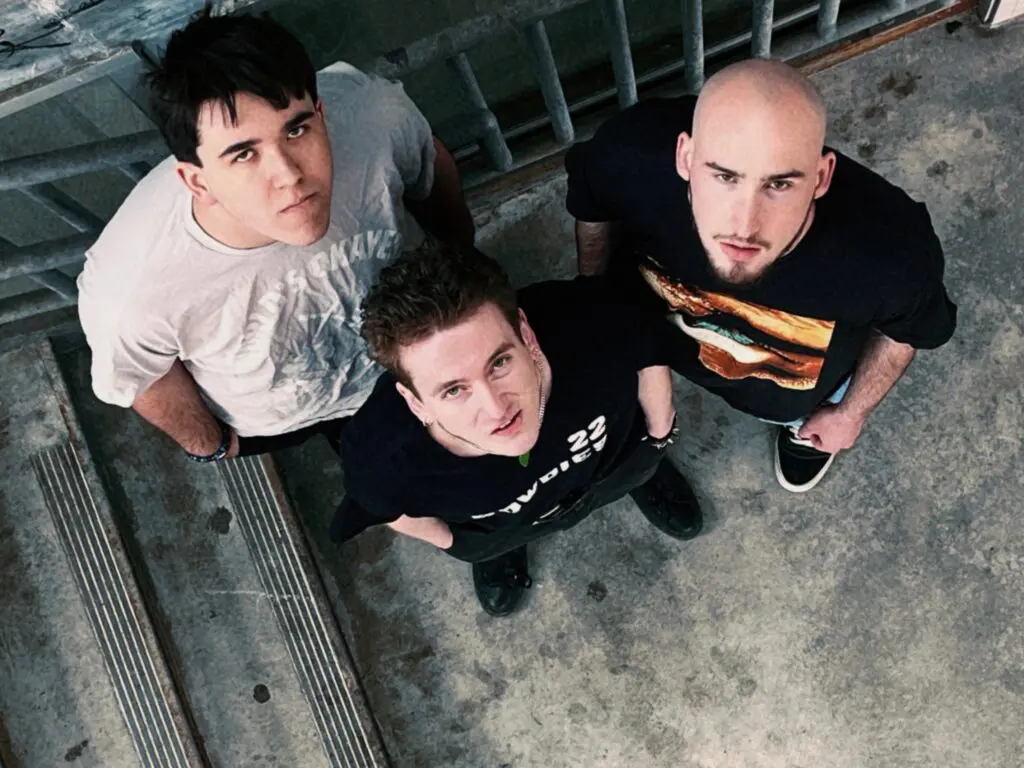
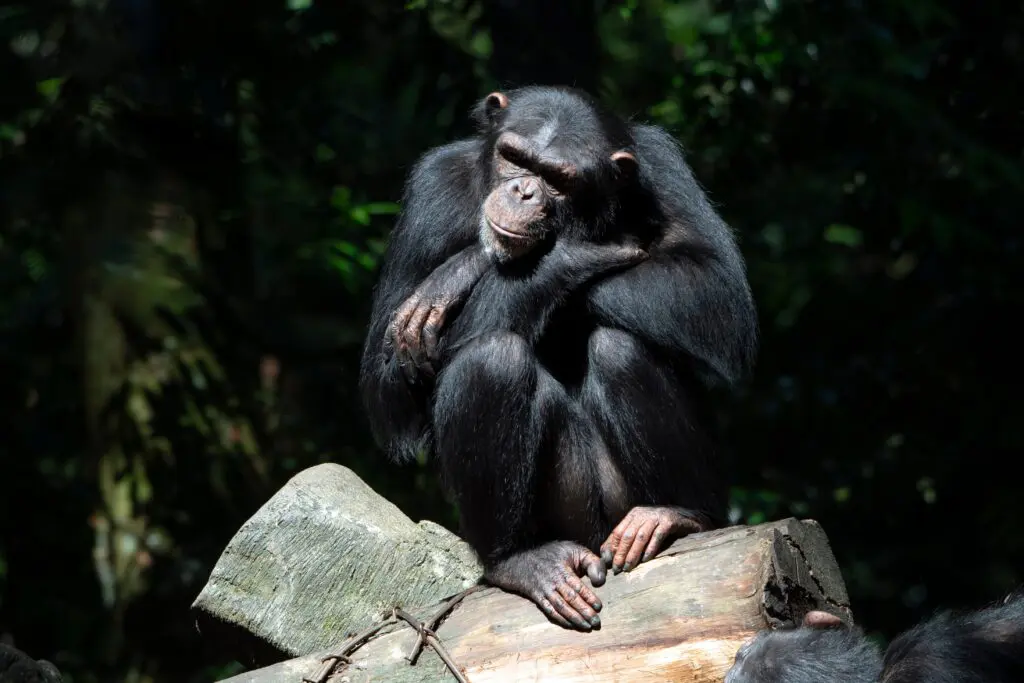
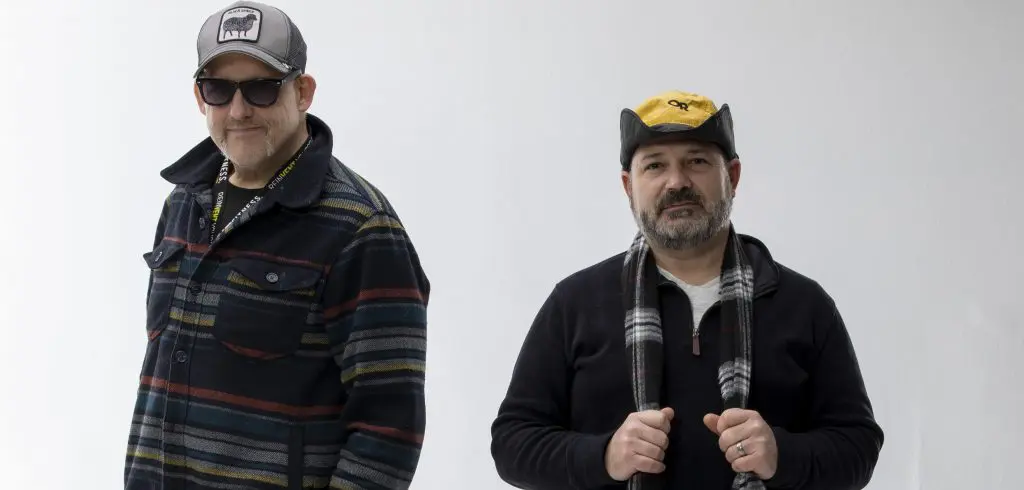
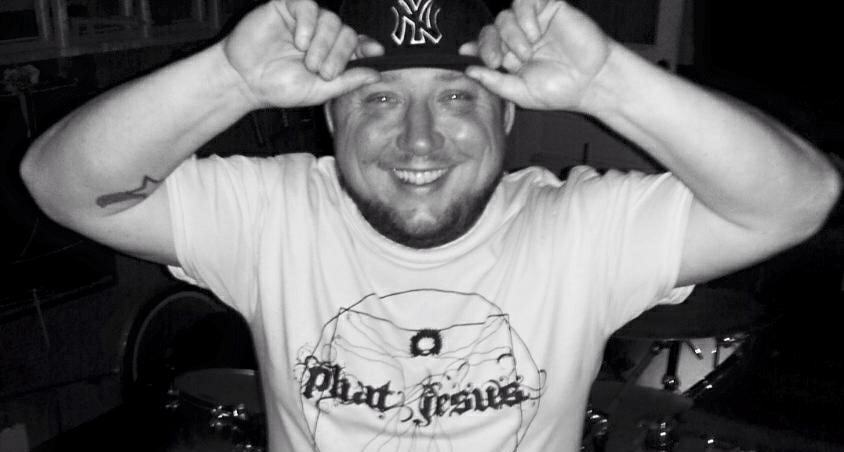
 RadioRadioX
RadioRadioX